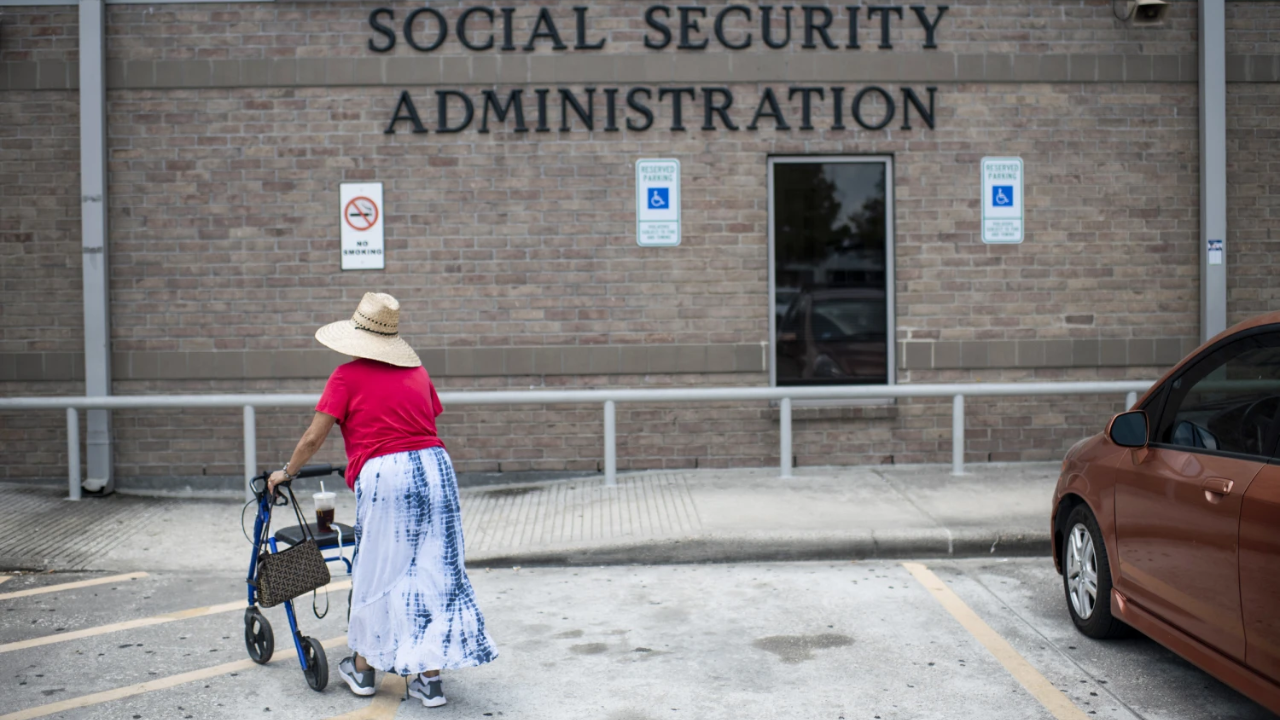Claiming Social Security in 2025? Why Filing Too Early May Cost You?
Are you thinking about retirement? Maybe 2025 is the year you’re planning to finally step away from work for good. If so, congratulations! You’ve earned the chance to focus on your life beyond the 9-to-5.
However, before you make the leap and start claiming your Social Security benefits, it’s important to weigh the financial costs of your timing. Whether you file early, on time, or late, each choice can have a big impact on your retirement income.
Should You Claim Social Security at 62 or Wait Until 67?
Social Security benefits are available as early as age 62. But here’s the catch—filing early means smaller monthly checks for the rest of your life.
If you wait until your full retirement age (FRA), which is between 66 and 67 depending on your birth year, you’ll receive higher monthly payments.
The difference is significant. If you claim benefits at 62, your payments could be permanently reduced by 25% to 30%. For example, if your FRA benefit would be $1,900 per month, filing at 62 could lower your check to around $1,425.
The closer you get to your FRA, the smaller the penalty. Claiming just one year early reduces your payments by only about 6.67%. While that’s a smaller reduction, it still adds up over time.
Is It Better to Wait Until Age 70?

On the flip side, delaying Social Security beyond your FRA increases your monthly benefits. Waiting until age 70 could boost your checks by 15% to 25% compared to filing at your FRA. For many retirees, this means hundreds of extra dollars each month.
However, there’s no advantage to waiting past age 70. The Social Security Administration only pays up to six months of retroactive benefits. So, if you wait too long to file after turning 70, you could miss out on money that can’t be recovered.
What Else Should You Consider Before Filing?
Timing isn’t the only thing to think about when planning for Social Security. Here are a few other important steps to take:
- Set Up Direct Deposit: Social Security no longer sends paper checks. Make sure you have a reliable bank account ready to receive direct deposits.
- Check Your Earnings Record: The Social Security Administration bases your benefits on your income history. Review your records to ensure there are no errors. Even small mistakes could impact your future payments.
- Plan for Your Money: Retirement is a big financial adjustment. Decide how much cash you need easily accessible and consider higher-yielding accounts like money market funds for added growth. Don’t forget to review your investment portfolio to ensure it’s aligned with your new, less risky financial goals.
- Review Healthcare Options: If you lose your employer’s health insurance, consider purchasing supplemental Medicare coverage to fill any gaps in your plan.
Start Planning Now
No matter when you plan to retire, taking time now to gather facts and make financial plans will set you up for success. Knowing your options and understanding your benefits is just the beginning.
Managing your money wisely during retirement will help ensure you enjoy the financial freedom you’ve worked so hard to achieve.
Note- Every piece of content is rigorously reviewed by our team of experienced writers and editors to ensure its accuracy. Our writers use credible sources and adhere to strict fact-checking protocols to verify all claims and data before publication. If any error is identified we promptly correct it and strive for transparency in all updates.

